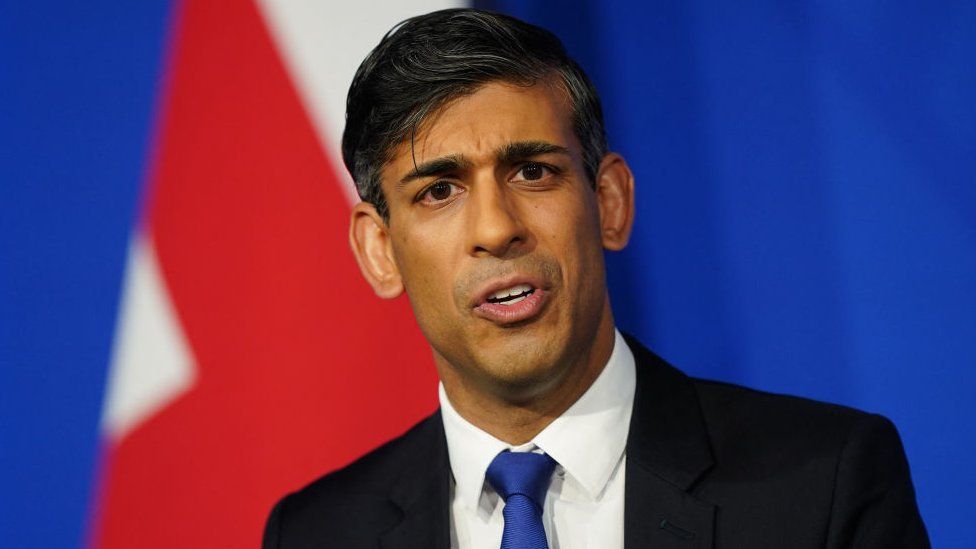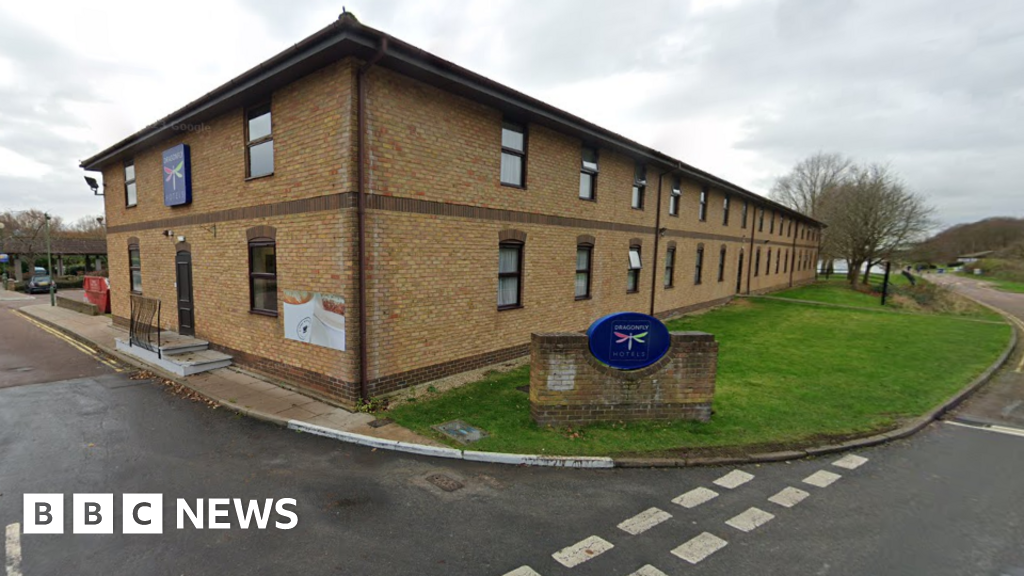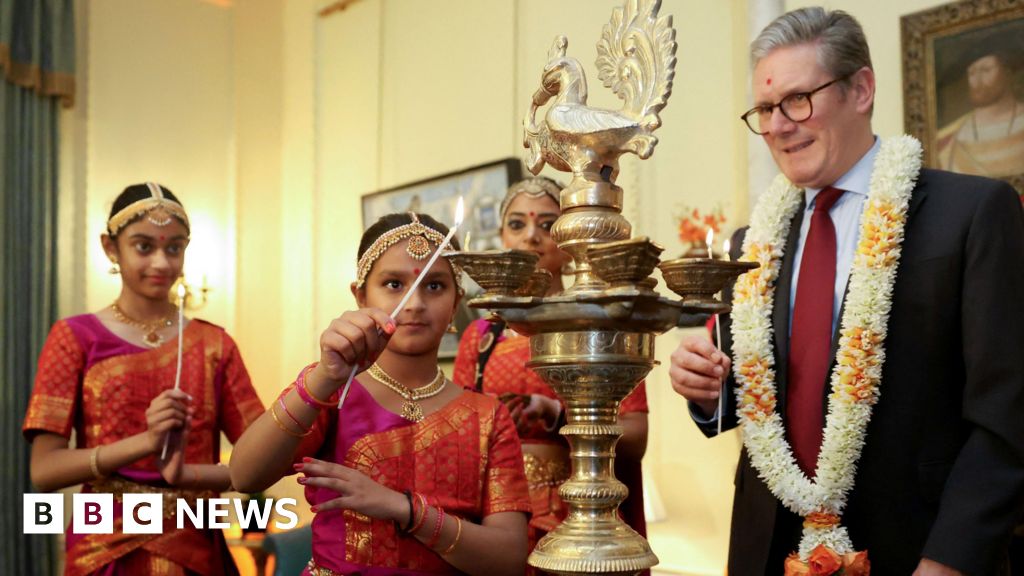ARTICLE AD BOX
 Image source, Getty Images
Image source, Getty Images
By Chris Mason
Political editor, BBC News
This is the week when the prime minister's past, present and future collide.
At 10:30 this morning, Rishi Sunak sits down in a windowless room in west London and begin several hours answering questions live on television and under oath.
Mr Sunak's interrogation at the Covid inquiry will scrutinise his time as chancellor during the pandemic.
Furlough, lockdowns and his Eat Out To Help Out scheme are all topics central to his role in government back then.
And remember, the government's now Chief Scientific Adviser, Professor Dame Angela McLean, was of a sufficiently strong view about the then chancellor incentivising nights out with Eat Out To Help Out that she called him "Dr Death."
And witness after recent witness have lined up to say they knew nothing about the scheme until it was about to be announced.
As Rishi Sunak is quizzed by Hugo Keith KC, three-and-a-half miles away in Parliament, Conservative MPs will gather to debate his plan to send some migrants to Rwanda.
At 12:00 - while Mr Sunak is away from his mobile phone - five different groups of Tory MPs will file into the Thatcher Room in the Palace of Westminster:
- The European Research Group
- The New Conservatives
- The Conservative Growth Group
- The Common Sense Group
- The Northern Research Group
The political present under discussion: the government's latest plan to send migrants to Rwanda, which will go to a vote on Tuesday evening.
The MPs on Monday will listen to the verdict of the veteran Conservative MP Sir Bill Cash's so-called star chamber - a panel of lawyers that have assessed the proposed legislation.
We already have a sense of what it thinks. Sir Bill wrote in the Sunday Telegraph that "at present" the wording of the Rwanda Bill is not "sufficiently watertight to meet the government's policy objectives".
Their written conclusions could be published on Monday afternoon, before the MPs meet again in the evening.
Also gathering in the evening is the self-styled moderates of the Conservative parliamentary party - the One Nation group of just over 100 MPs.
I am told we shouldn't expect white smoke and a decision behind which all of them will fall.
The One Nation grouping, like the others, isn't homogenous. But it is likely to set out a "recommendation" about what it makes of the government's plans.
"There isn't an option but to vote for it," one figure tells me.
Note the lack of enthusiasm and an acknowledgement in that circumstance that this would be problems postponed for the government, not problems gone away.
Not least because the concerns of some of the sceptics are mutually exclusive. Resolve one person's grumbles, and potentially create another grumbler.
Listening mode
And so, to Rishi Sunak's future. Is he going to lose this vote?
Tuesday night is still some way off - and all of these meetings and plenty of other snatched conversations in corridors still have to happen.
No one is certain. Some people I've spoken to are currently working on the loose assumption that the government will sneak a win, rather than loses.
But, while it is easier for a government to lose if folk on their own side vote against them, it is still possible to lose if lots of folk abstain.
For those that don't like the Rwanda plan because they think it is too weak, there is a dilemma: If you kill it off now, it's gone. If it survives into the new year, it can be amended, and, as they might see it, improved.
If that happens, what is then presented to the House of Lords may be less palatable to them.
But Tuesday's vote will come first. The government is in listening mode and making sure its own MPs know that. Governments do this when they know they are in trouble.
"We will consider thoughtful suggestions about how the legislation can be improved if those suggestions do come forward," cabinet minister Michael Gove told Times Radio.
Conservative MPs are braced for a particularly intense whipping operation to try to get them on side.
Labour will vote against the government, but expect the big battles on this to resume in the new year.
That is the best Rishi Sunak can hope for.

 11 months ago
21
11 months ago
21








 English (US)
English (US)